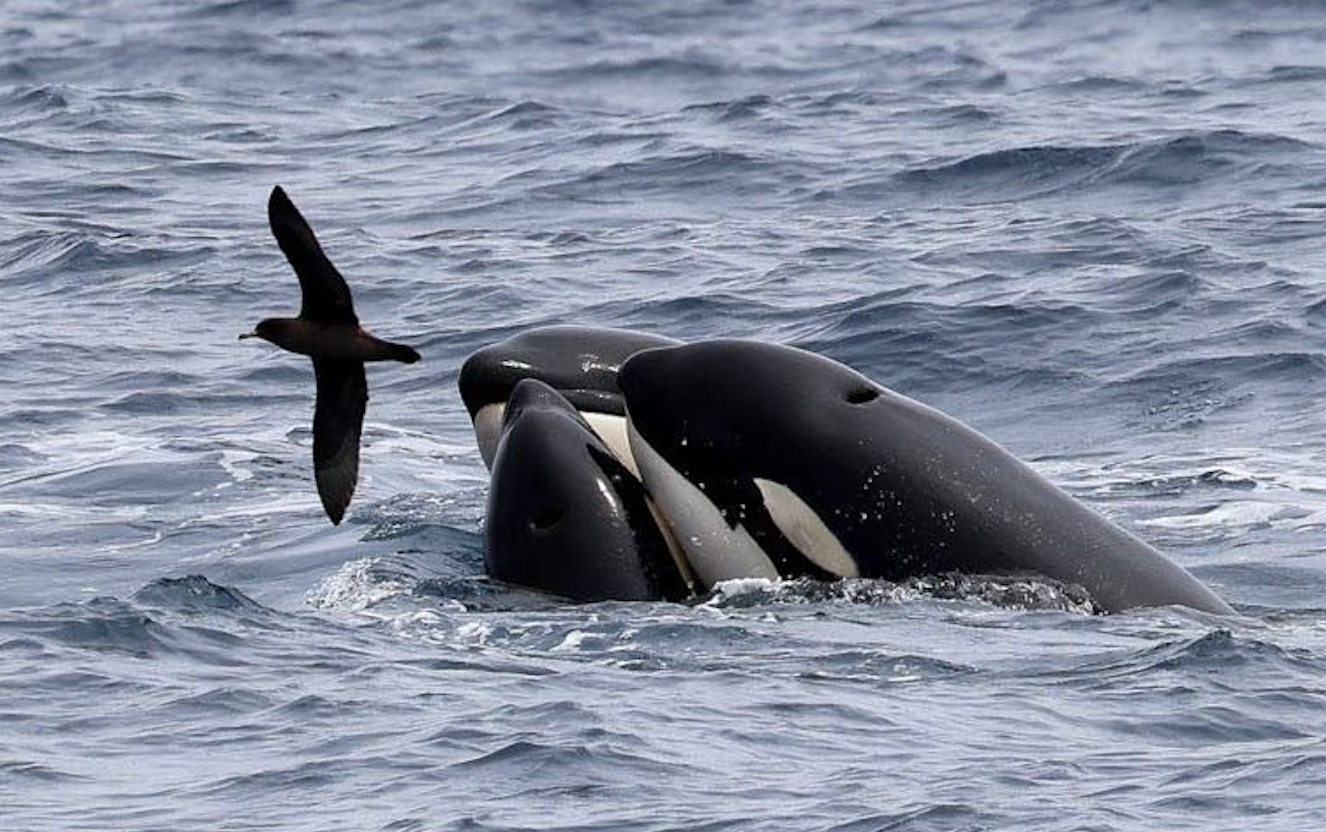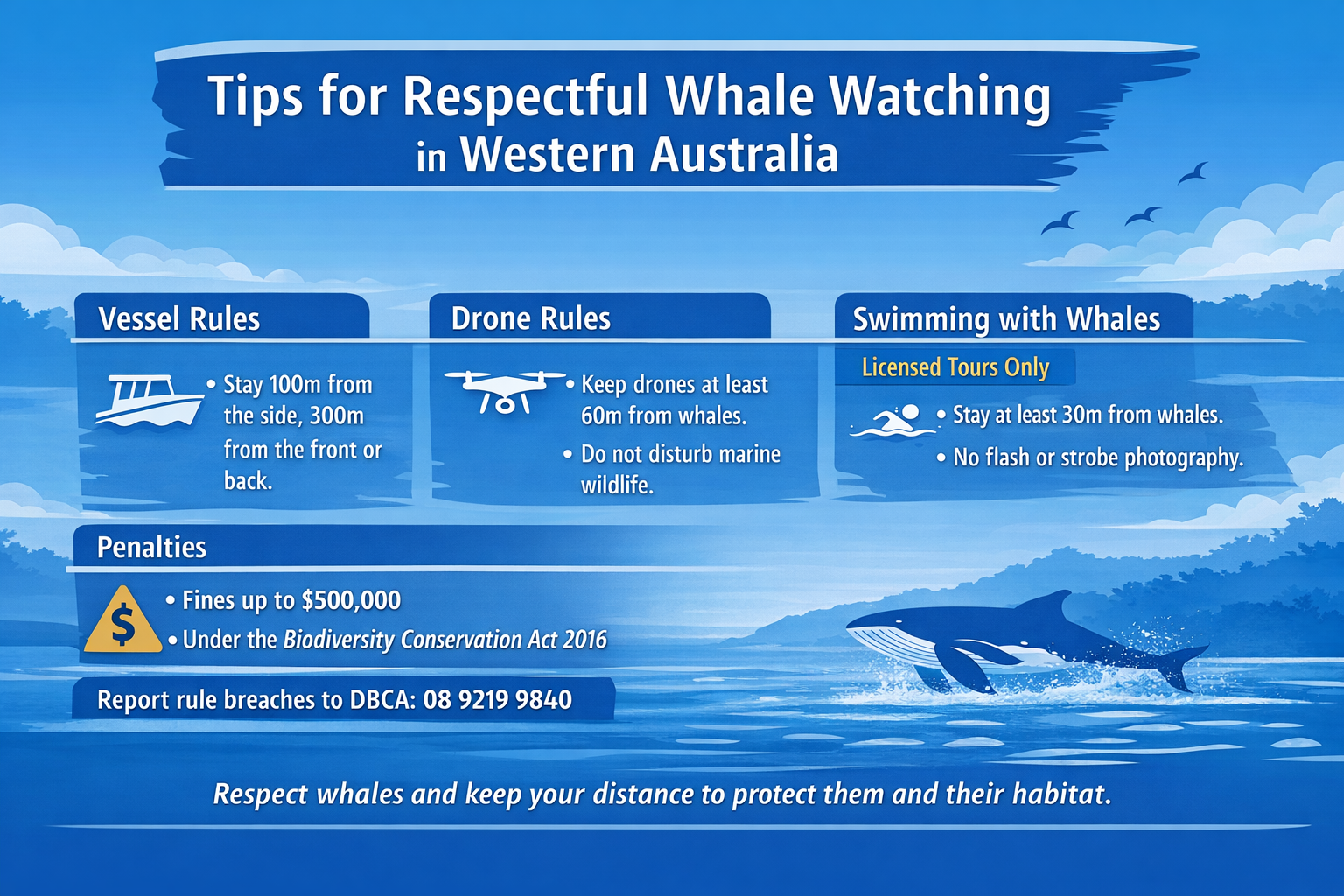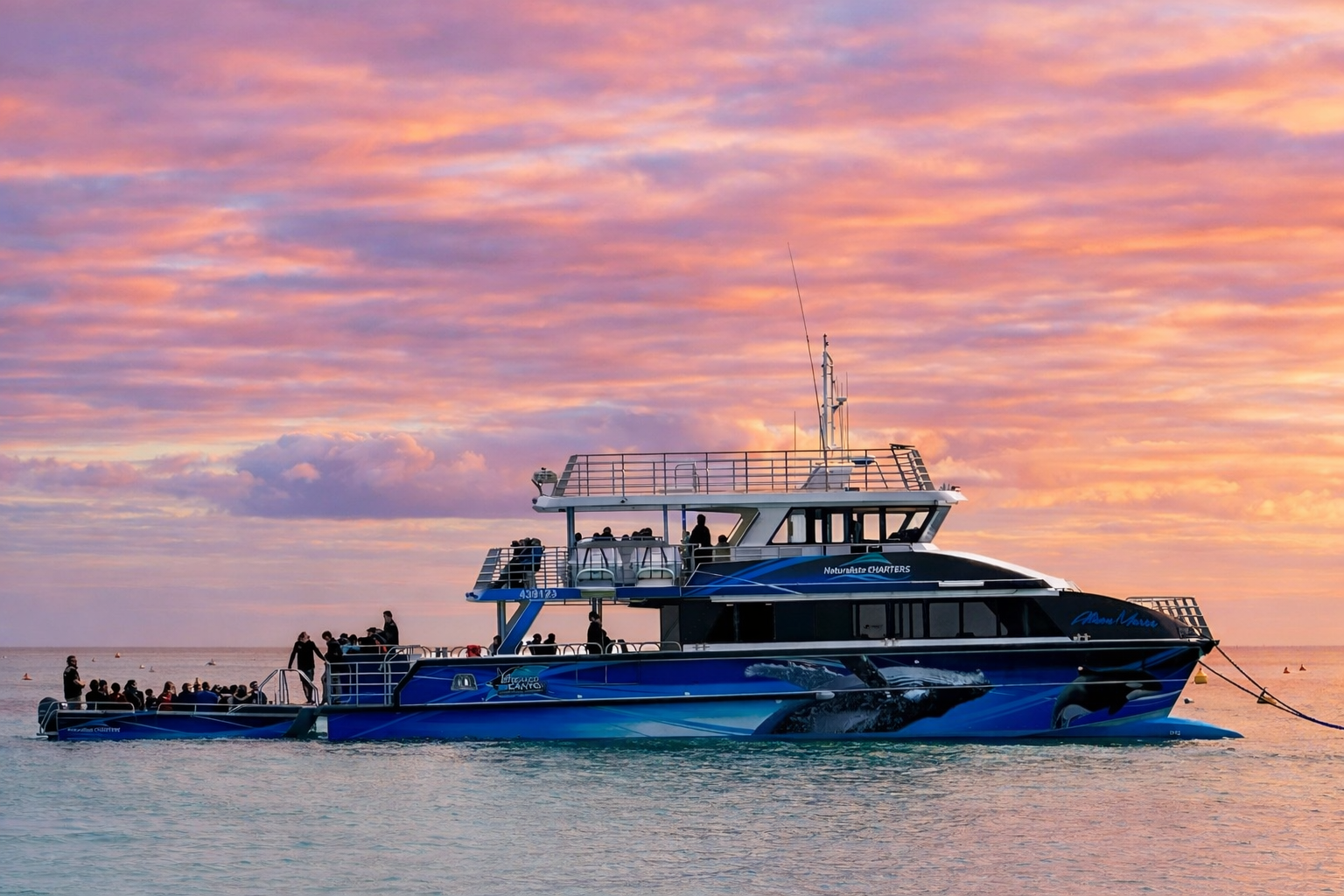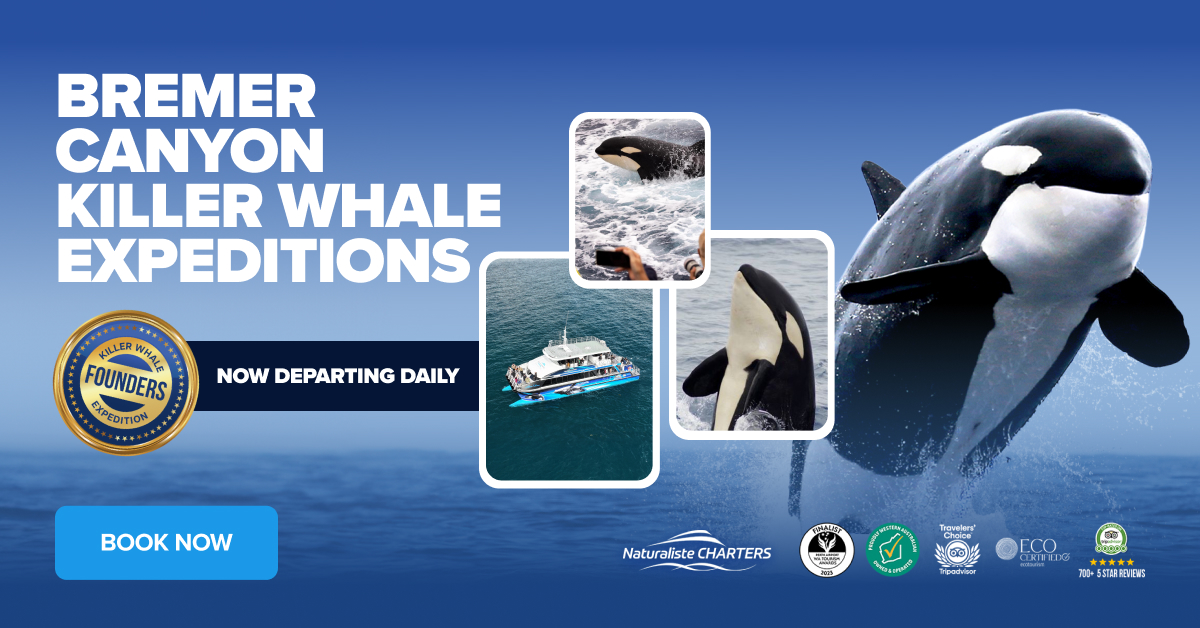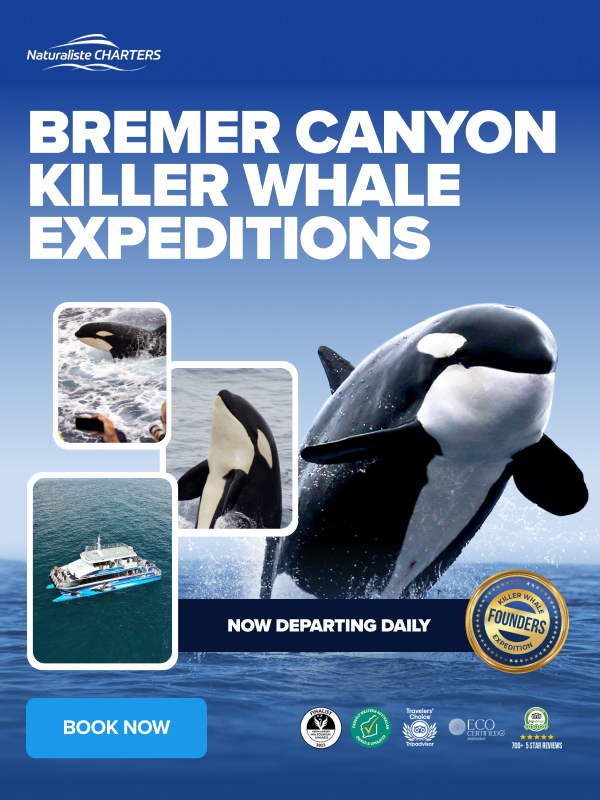Blue whales
Blue whales hold a place of mystery for us. They conjure images of ocean giants with speckled blue bodies diving into the depths, appearing to vanish before our eyes. Disastrously, they nearly did. Globally, we humans got to the point where we had to ask the question. Are whales endangered? Might they go extinct?
Blue whales are mighty creatures! Although they’re a rare sight, we love seeing them out on our tours because they are such powerful yet also shy animals.
Blue Whales an Endangered Species
blue whales, endangered species, whale conservation, marine life, ocean protection
You probably already know they are the biggest animal that has EVER lived on the planet. But here are another couple of things that make Blue whales so special:
They can reach up to 30 meters long and weigh up to 150 tonne
It is estimated that they live for between 80-90 years.
Mothers gestate young for between 10 and 12 months.
Blue whales can dive down to depths of approximately 500m, but mostly spend their time at shallower depths of around 100m.
So Why are Blue Whales Endangered?
Whaling had a big impact on Blue whales
Today, Blue whales are listed as endangered around the globe. Whaling used to be a part of traditional hunting for cultures like the Inuit for food and energy, but big problems for the populations of many species of whales began from the mid 1800s to the early 1900s due to whaling. Just over 100 years ago, whaling boats started going further and the industry was widespread across the globe. Sperm whales, Right whales, Humpback whales, Blue whales, and many others were targeted during this time.
Are Whales Endangered
At the time whale blubber was melted down into oil lamps and whale bone was used for umbrellas, amongst many other things. Then, our need for resources drove us to value whales as a commodity. People became very worried that too many whales were being taken. They started to question “are whales endangered?”. It took a long time to stop whaling (mostly) completely. But thankfully for the whales, a lot of people worked together to make this a reality. Within Australian waters, the last whaling station in Albany was finally closed in 1978.
But do people still hunt Blue Whales? Since the 1960’s, Blue Whales have been protected, making it illegal to hunt them. Yet certain countries such as Norway and Japan continue to hunt whales for different purposes.
Population Recovery
Many species of whales are recovering well! The Humpback whale for instance is doing fantastically across the globe.
Yet the Blue whales recovery has been much slower, with some Blue whale populations doing better than others. There are five different subspecies of Blue Whale across the globe. One of these is the Antarctic Blue whale which was sadly hunted very heavily. Its numbers went from 239,000 before whaling to as few as 360 when the hunting of them ceased in the early 1970’s. It’s great to see that Blue whales globally are slowly recovering, with an estimated 2,300 and 2,500 Blue whales in the Southern Hemisphere and North Pacific.
Let’s take a closer look at why it is so important that we continue to allow whales to recover in our waters.
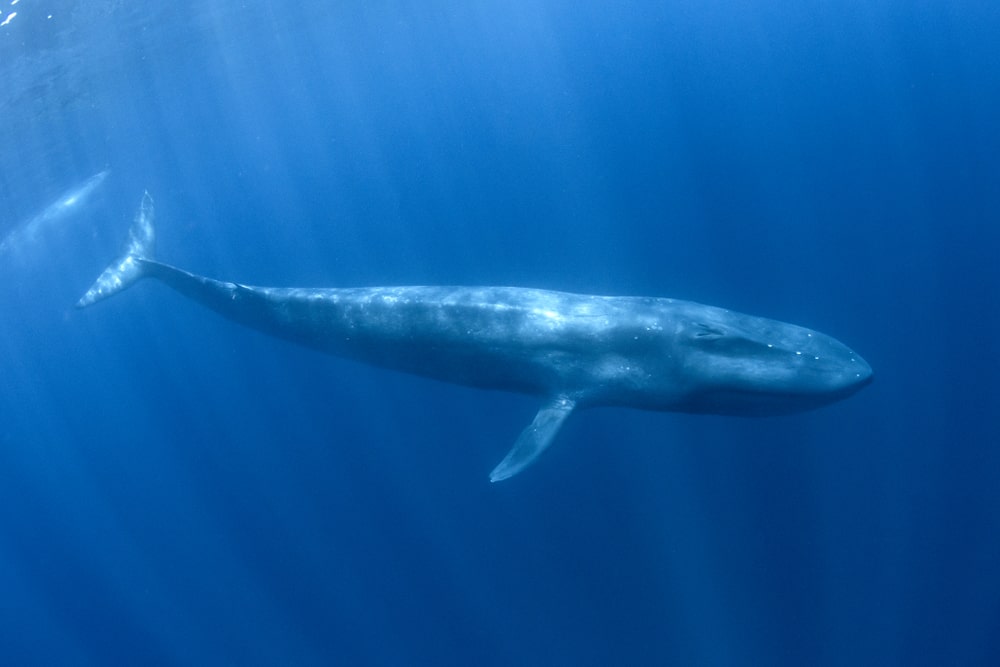
Why are Whales Important to the Ecosystem?
Ecosystem Engineers
Whales are recognised as ‘ecosystem engineers’, impacting ecosystems by consuming fish and krill, being prey for other large bodied species and for transferring nutrients through the water column through the elimination of waste products. Whale poo fuels the food web and adds important nutrients back in the water column near the shallows where it can be used by plankton, who are eaten by fish and beyond!
Natural Whale-fall
The bodies of whales who have died naturally fall deep to the seafloor and support amazing and diverse ecosystems. Whale carcasses also support larger bodied species such as coastal birds of prey and other mobile marine species. We also know – because incredibly we have seen it, that Orca work together to kill whales, including Blue whales. It is sad to see, but it’s a very important part of our ecosystem.
What would happen if whales went extinct?
There are many whales in the ocean and their poo is very important for driving productivity, without whales our oceans would operate very differently.
Other species of cetacean, such as killer whales (Orcinus orca) who rely on baleen and toothed whales for food would be impacted.
Eco-tourism industries which now work to educate people, and monitor whale populations would be unviable.
We would be so incredibly sad – whales are an important part of our culture and identity.
Things that can threaten Whales
Threats to whales include changing climate and ocean warming, impacts on krill populations (through krill fisheries), impacts on whales whilst migrating through areas of noise pollution, seismic activity, oil and gas exploration and entanglement in fishing nets. These things all sound very serious, and in fact they are in different ways. See, Blue whales are migratory, and mostly solo, so they travel very long distances, and need to communicate with each other underwater to mate and join together (if they choose to). Their sounds can travel 100’s of kms. So noises made by shipping etc can be a real problem for whales.
Also, because Blue whales’ favourite food is krill. It is really important for krill populations to be healthy. There are particular places that bring cooler water and nutrients to the surface, allowing krill to thrive! Blue whales love these places, therefore they need to be protected. Climate change and changing ocean dynamics can be a bit of a problem for krill. So can krill fisheries which operate in the Antarctic.
How can SCIENCE help Whales?
Understanding where Blue whales feed on krill is important for making sure these areas are not damaged or affected too much by shipping and seabed mining. We need to make sure the Blue whales have all the food they need to ensure their populations continue to recover.
We have found out that sound really impacts Blue whales, and sometimes the shock of very loud sounds stop whales from feeding and send them off swimming in different directions. So it’s important to not make lots of ocean noise where we expect whales to be feeding and migrating.
Amazing new technologies are helping us understand where whales are travelling, how they are related and how they communicate with each other. Some acoustic and genetic technologies are making a huge difference!
How can WE help Whales?
The best thing we can do is work together to create healthy oceans. As everything on our planet is connected, small changes in our own lives can make big differences to the animals we love.
Here are some practical suggestions…
Take every day actions to minimise your carbon footprint…. Think bike riding, car pooling, reducing meat consumption, growing vegetables in your garden. Carbon and greenhouse gasses are changing our oceans significantly.
Phase out single use plastics, coffee cups etc. Slight inconveniences in the short term will help us to change our habits in the long term.
Don’t go and see exhibits that have whales such as Orca on display. They are much happier in the wild. Come on a tour with us and we will show you how joyful these animals can be when they are in their own environment.
If you can, avoid krill oil. Let’s leave the krill for the whales.
Positive Futures
It is fantastic that now when we think of whales, we do so with excitement and awe and this is the way it should be! Seeing them in the wild is such an honour and helps us connect to and respect these animals.
By learning more about what things stress our oceans we can make choices to care in the best possible ways. Asking questions like you have, such as ‘are whales endangered’ and ‘why are blue whales endangered’, is a great first step.
Tourism allows us to see, understand, learn about and appreciate whales. This means that we are more empowered to help make changes for the better. Whale watching in Western Australia is a way that you can be a part of this story in a positive way. Come and join one of our tours so we can share the wonder of these animals with you.

